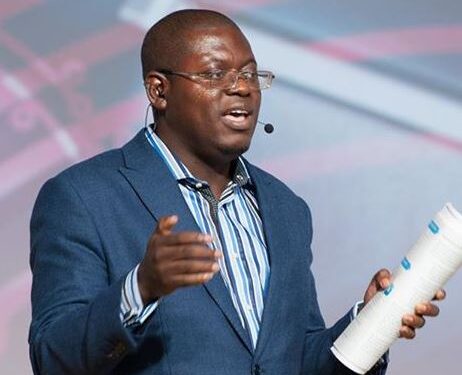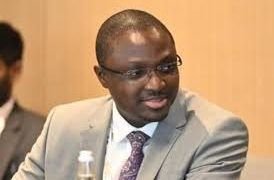Bright Simons to Co-Chair WEF’s New Global Development Council
The World Economic Forum (WEF) has unveiled a new Global Development Council designed to rethink the future of international cooperation amid weakening multilateralism, tightening aid budgets, and growing geopolitical tensions.
The initiative, announced ahead of the Forum’s next Annual Meeting in Davos, seeks to restore momentum in global development efforts after a decade marked by fiscal austerity, climate shocks, and widening inequality.
Co-chairing the new Global Development Council is Bright Simons, founder of mPedigree and policy analyst, and Dr Sara Pantuliano, chief executive of the UK-based think tank ODI, the council brings together senior government officials, economists, and private sector leaders to devise strategies for inclusive and sustainable growth.
According to the WEF, traditional development models reliant on donor funding and aid transfers are no longer adequate to address today’s overlapping crises — from climate vulnerability and food insecurity to mounting debt distress in developing economies.
“The world is at an inflexion point,” the Forum said. “To secure a more resilient and equitable future, global development must evolve beyond aid dependency toward collaboration, creativity, and shared accountability.”
The council will examine alternative financing mechanisms, strengthen regional partnerships, and identify scalable innovations capable of delivering tangible outcomes in resource-constrained and politically fragmented environments.
Its policy proposals and frameworks are expected to inform the WEF’s broader global development agenda, shaping discussions at Davos and influencing multilateral policy dialogues in 2026.
The appointment of Bright Simons as co-chair of the WEF’s Global Development Council marks a significant recognition of Africa’s growing intellectual and strategic influence in global policy discourse.
Mr Simons’ inclusion underscores a shift toward integrating voices from emerging economies in the design of post-aid development frameworks — an approach that reflects the continent’s evolving role as both a testbed for innovation and a driver of policy experimentation.
His experience at mPedigree, a social enterprise leveraging technology to combat counterfeiting and enhance supply chain transparency, aligns closely with the council’s emphasis on scalable, technology-enabled solutions for inclusive growth.
For Africa, the council’s agenda could serve as a platform to push for fairer financing models, debt relief mechanisms, and investment frameworks that reward local innovation rather than dependency on external assistance — potentially reshaping how the continent engages with the global development architecture.








